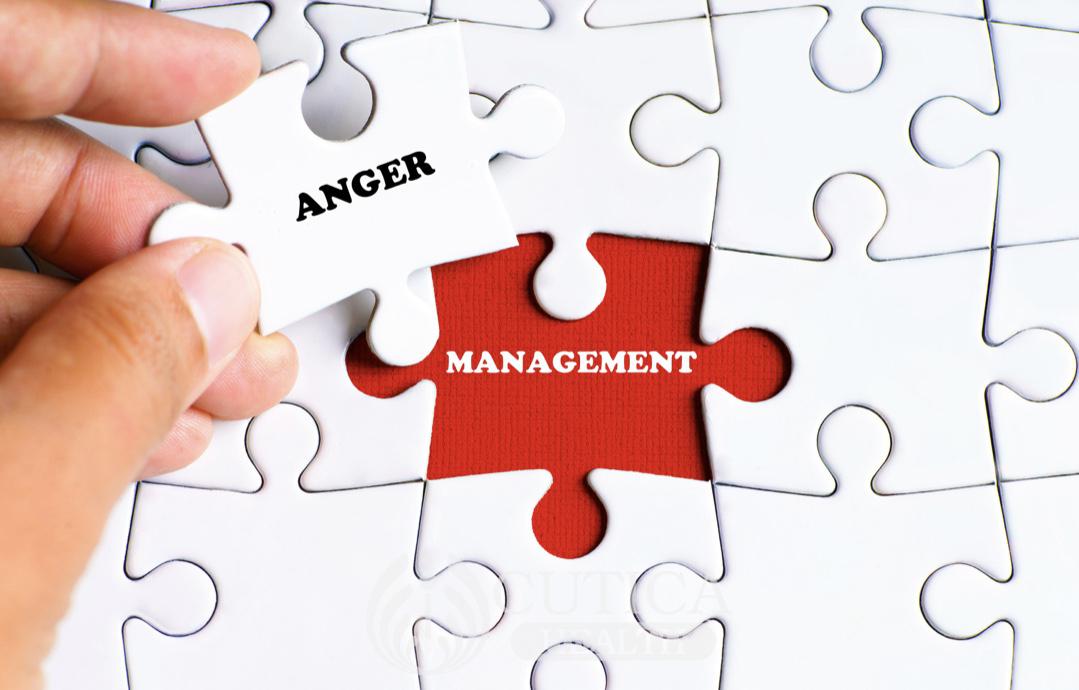
Anger is like any other emotion; it is not bad or good, it is normal, and it tells you how you feel about events, situations, and people at certain times. When you feel wronged, betrayed, upset, anger is an expected emotion. However, if you find yourself exploding at the slightest thing or you get so angry that you hurt yourself or other people, then its time to get help. This kind of anger is dysfunctional and it will affect your relationships, work, and daily life.
Anger management teaches you to deal with your dysfunctional anger in healthy, safer ways. Its not about repressing your anger or never getting angry, the key aim of anger management is understanding the events prompting your anger, and expressing it safely.

Here are some anger management tips to try:
Use time-outs
A time-out is a period where you take yourself out of a stressful situation that might get you angry. Once you feel your anger building, take a break from whatever it is. If you are trying to get your point across to someone and they keep misunderstanding you, excuse yourself from the room for a few minutes. If you are working on a difficult task, put it aside and work on something else for a bit.
Try to identify the cause of your anger
When you get angry over little things, it might be hiding a larger problem that you haven’t identified. You might be using anger to hide other emotions such as shame, hurt, embarrassment, insecurity, or anxiety. For instance, your friend shows up late to an important event, you don’t listen to what they have to say and you flare up. While its an annoying situation, it doesn’t warrant how angry you have gotten. Ask yourself, what am I really feeling/ what am I angry about? Rather than their tardiness, you may find that you felt anxious being alone at such a large event or that you felt that they didn’t take your work seriously.
Once you have identified the cause, try to communicate what you really felt that caused to react so angrily.

Take note of your triggers
Try to observe the moments you get so angry, what usually prompts it? Is it someone yelling at you, being rude, taking your things without permission, chewing with their mouth open, or taking credit for your work? Note these triggers, in a notebook if possible, and when they seem to occur most frequently. Work on avoiding these situations or communicating why these actions make you angry. If your boss yelling at you, gets you mad, try being more punctual. If your friend chews with their mouth open, avoid sitting in front of them or even having lunch with them.
Pay attention to physical warning signs
You might believe that anger takes place suddenly, it doesn’t. Your body will typically display signs that you are about to explode. Some of these signs include:
- Clenching your jaw or hands
- Feeling hot and sweaty
- Pacing or walking around
- Hyper-focusing on one thing or seeing “red”
- Yelling or screaming
- Increased heart rate and breathing
Once you identify these physical markers, use them as a sign to take a time-out from the situation.
Seek help
If your anger makes you hurt people or do things you regret, feel out of control, and overwhelmed, you might need to get professional help to manage your anger and that’s okay. Your doctor will take you through therapy where you will learn relaxation techniques, journalling, yoga/meditation, and other coping skills to help you keep anger at bay.

Conclusion
Anger can control your life, if you let it. It will affect your relationships, your job, and how people see you. Taking steps to manage your anger will help you live a healthy life and strengthen your relationships.












